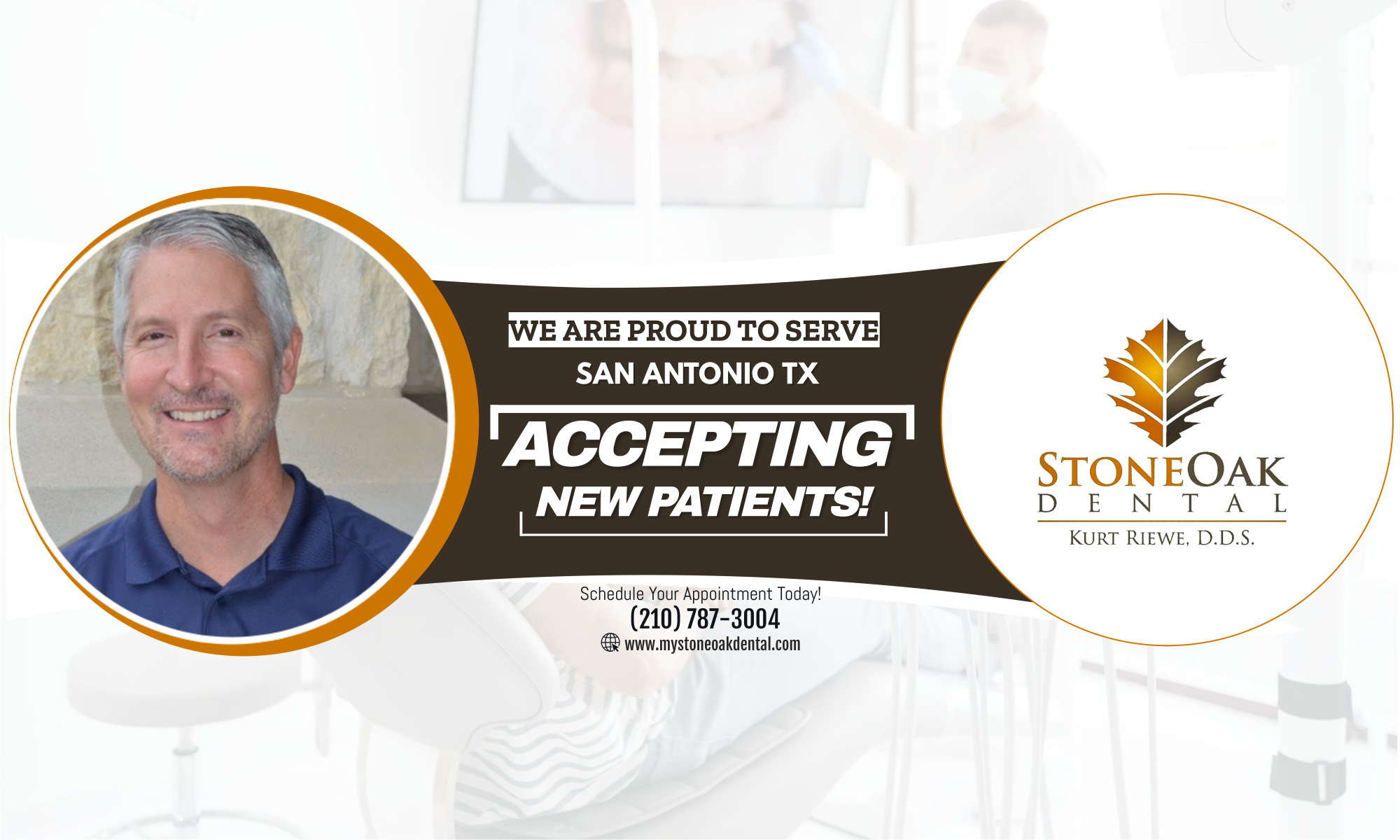Choosing the right dentist for your needs is one way to give you the best chance of maximizing your oral health.
If you don’t already have a dentist – or want to find one better suited to your needs – here are a few points to consider.
– Get recommendations from family, friends, neighbors or co-workers
– Ask your physician or a local pharmacist
– If you are moving to a different area, ask your current dentist for recommendations in your new location
– Contact the local or state dental society
You can also use Yellow Pages or the American Dental Association directory at www.ADA.org.
Effective dental care depends on a great relationship between the dentist and the patient so you may want to visit more than one before making your decision.
To help decide if a dentist is right for you, consider:
Is the office easy to get to from your home or job?
Are the staff helpful and friendly?
Does the office appear to be clean, tidy and well organized?
Is the appointment schedule convenient for you?
What arrangements are made for handling emergencies outside of office hours?
Does it cater for any special needs you have?
As you’ll need to work closely with your dentist in caring for your oral health, it’s worth taking time to ask questions and take notes to make sure you choose the right one for your needs.
